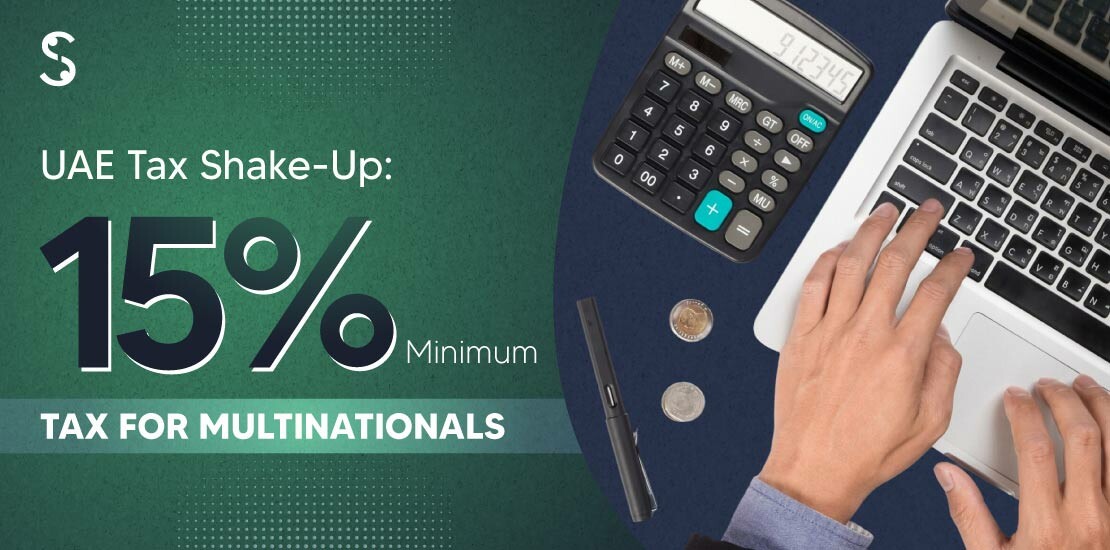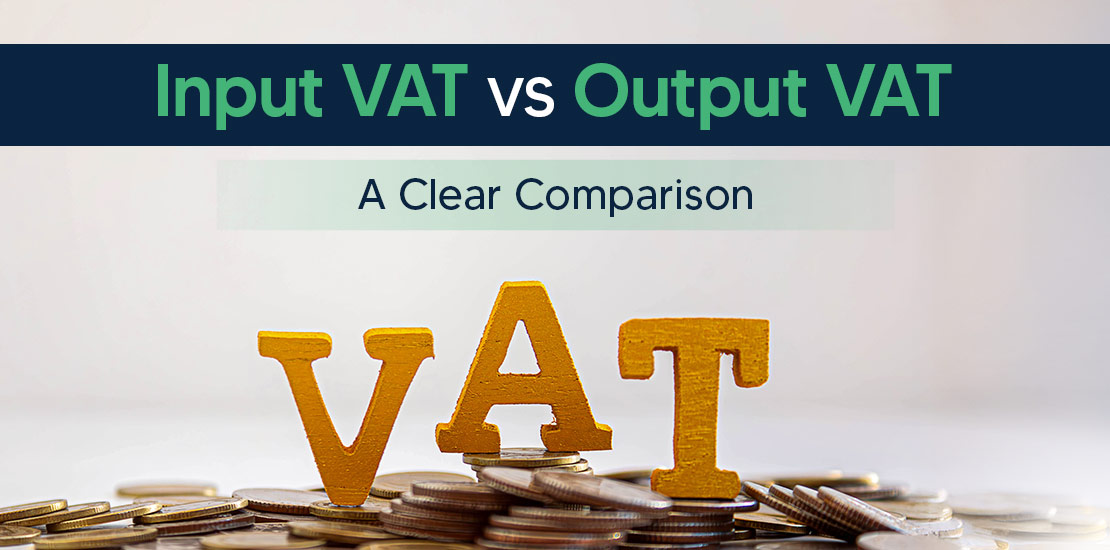Table of Contents
Voluntary liquidation in UAE is when a company decides to close its business and settle everything, usually because it’s no longer profitable, its goals have been achieved, or the owners simply want to exit. This decision is made by the company’s shareholders or directors and follows a clear process set by the UAE’s laws. The goal of voluntary liquidation is to end the business in a smooth and organized way, pay off any debts, sell off the company’s assets, and distribute any remaining money to the shareholders.
In this guide, we’ll look at why businesses choose voluntary liquidation, how the process works, and important things business owners should keep in mind when closing their company in the UAE.
What is Voluntary Liquidation?
Voluntary liquidation is a formal decision made by a company’s shareholders or owners to cease operations and dissolve the entity. This contrasts with compulsory liquidation, which is court-mandated due to insolvency or legal disputes. In the UAE, voluntary liquidation involves complying with regulatory authorities such as the Ministry of Economy, the Dubai Economic Department (DED), and free zone regulators.
The primary objectives of voluntary liquidation include:
- Settling all debts and liabilities.
- Distributing remaining assets to shareholders.
- Ensuring compliance with legal and tax requirements
Benefits of Voluntary Liquidation in the UAE
Voluntary liquidation in UAE offers numerous advantages for businesses and their stakeholders. Some key benefits include:
1. Controlled Process
Voluntary liquidation allows business owners to control the timeline and procedures of closing the business. This ensures minimal disruption and a smoother transition.
2. Debt Management
Companies undergoing voluntary liquidation can prioritise debt repayment, ensuring creditors are compensated fairly and in an organised manner.
3. Legal Protection
Following the proper procedures shields business owners and shareholders from future legal complications related to unpaid liabilities or unresolved disputes.
4. Preserving Reputation
Closing a company voluntarily demonstrates accountability and professionalism, which can help maintain goodwill with stakeholders and creditors.
5. Tax Benefits
Settling tax liabilities during liquidation can help a company’s owners avoid penalties and ensure compliance with UAE tax regulations.
Types of Voluntary Liquidation in UAE
There are two primary types of voluntary liquidation in Dubai and the UAE; both are as follows:
1. Members’ Voluntary Liquidation (MVL)
This occurs when a company is solvent and can pay its debts in full within a specified timeframe, usually 12 months. MVL is often initiated when the company’s shareholders decide to close the business for reasons such as retirement, restructuring, or completion of its objectives.
Key Steps in MVL
- Prepare a Declaration of Solvency signed by directors, confirming the company’s ability to settle debts.
- Shareholders pass a resolution to initiate liquidation.
- A licensed liquidator is appointed to oversee the process and distribute the remaining assets to shareholders.
2. Creditors’ Voluntary Liquidation (CVL)
This is initiated when a company is insolvent and unable to pay its debts. In this case, the directors and shareholders decide to liquidate the business and involve creditors in settling outstanding debts.
Key Steps in CVL
- A meeting with creditors is convened to review and discuss the company’s financial status, ensuring transparency and addressing any outstanding liabilities during the liquidation process.
- Creditors approve the appointment of a liquidator.
- The liquidator manages the sale of company assets to pay off debts.
Both types of voluntary liquidation in UAE require careful planning and adherence to regulatory guidelines to ensure a seamless closure.
Process of Voluntary Liquidation in UAE
The process of voluntary liquidation in Dubai and the UAE is straightforward but requires strict compliance with local laws. Below is a step-by-step guide:
Step 1: Board Resolution
The company’s board of directors passes a resolution for voluntary liquidation, followed by shareholder approval.
Step 2: Appointing a Liquidator
A licensed liquidator must be appointed to manage and supervise the entire liquidation process, ensuring compliance with all legal and regulatory requirements. The liquidator will handle asset valuation, debt settlement, and final distribution of remaining funds.
Step 3: Notice of Liquidation
A public notice announcing the liquidation must be published in at least two local newspapers. This allows creditors to submit claims against the company within a specified period (typically 45 days).
Step 4: Settling Debts and Liabilities
The liquidator ensures all debts and liabilities are settled, and assets are distributed to creditors. This includes payments to creditors, employees, and government authorities.
Step 5: Asset Distribution
After settling debts, the liquidator distributes any remaining assets among the shareholders according to their shareholding.
Step 6: Final Audit and Deregistration
The liquidator prepares and submits a final audit report to the authorities. Once approved, the company’s trade license is cancelled, and the company is officially deregistered.
Key Considerations for Voluntary Liquidation in UAE
To ensure a smooth voluntary liquidation process in the UAE, it’s essential to focus on these key elements:
- Regulatory Compliance: Adhere to the requirements of the Federal Tax Authority (FTA) and free zone authorities.
- Accurate Documentation: Maintain up-to-date records of financial statements and shareholder agreements.
- Professional Assistance: Engage licensed liquidators and legal consultants to navigate the process.
- Clear Communication: Inform stakeholders, creditors, and employees about the liquidation to ensure transparency.
- Timely Tax Settlements: Obtain a tax clearance certificate to avoid penalties.
Why Choose Shuraa Tax for Voluntary Liquidation?
Navigating the complexities of voluntary liquidation in the UAE requires expert guidance. At Shuraa Tax, we ensure a seamless process, from initiating liquidation to final deregistration. Our licensed professionals manage everything, including regulatory compliance, debt settlement, and tax clearances, leaving you stress-free.
Contact us today for personalized assistance:
Contact us today for personalised assistance:
📞 Call: +(971) 44081900
💬 WhatsApp: +(971) 508912062
📧 Email: info@shuraatax.com
Close your business responsibly and efficiently with Shuraa Tax. Let us handle the complexities so you can focus on the future!
FAQs About Voluntary Liquidation in UAE
1. What is the difference between voluntary and compulsory liquidation?
The company’s shareholders initiate voluntary liquidation, whereas a court order enforces compulsory liquidation due to insolvency or legal disputes.
2. How long does voluntary liquidation take in the UAE?
The process typically takes 2-6 months, depending on factors such as the complexity of the company’s financial affairs and creditor claims.
3. Can a free zone company undergo voluntary liquidation?
Yes, free zone companies can be liquidated voluntarily, but the process must comply with the specific regulations of the free zone authority.
4. What happens to employees during liquidation?
Employees are entitled to their end-of-service benefits and must be compensated before the company is deregistered.
5. Is tax clearance mandatory for liquidation in the UAE?
Yes, obtaining a tax clearance certificate from the Federal Tax Authority is a crucial step in the liquidation process.













